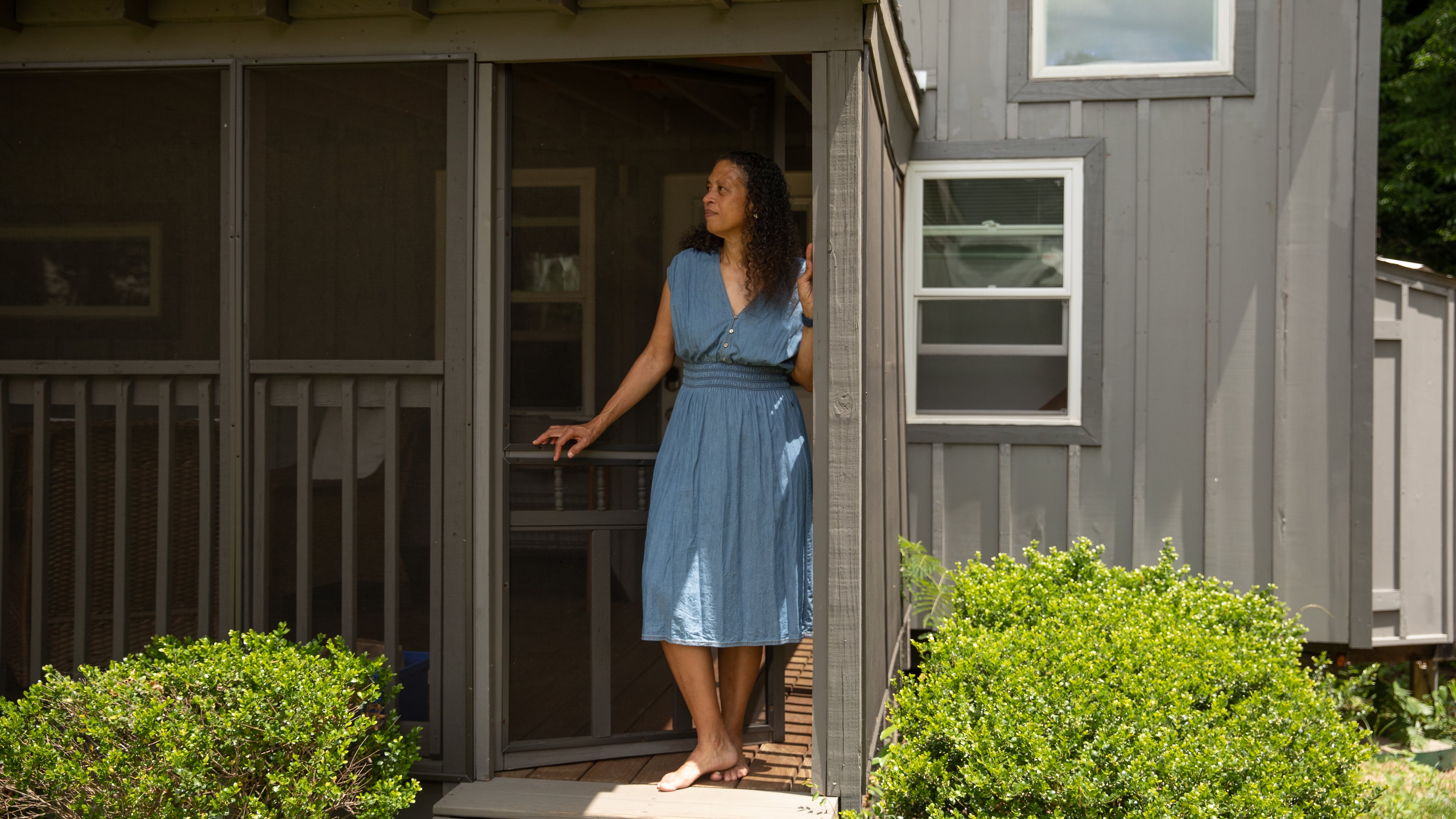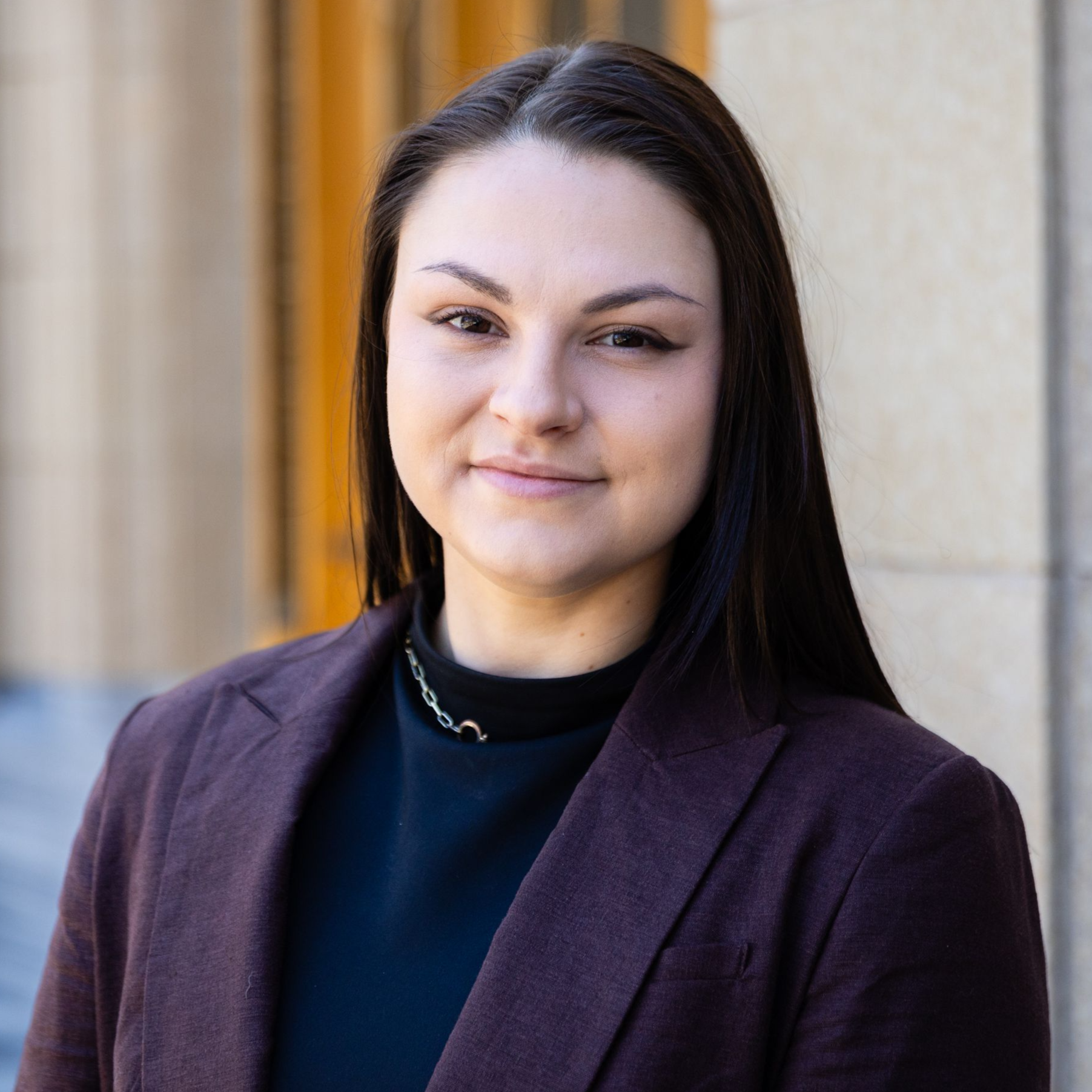Atlanta short-term rental owners thwart another neighborhood ban

Atlanta’s short-term rental owners scored a win Monday when Atlanta City Council narrowly voted down a proposed ban in the city’s northeast neighborhoods.
The legislation would have prohibited rentals booked through apps like Airbnb and VRBO in north Buckhead, but it wouldn’t have been the first area of the city where lawmakers cracked down on the industry.
Atlanta’s lawmakers have, for years, attempted to set regulations around the industry as part of an effort to curb unruly party houses and rental takeovers of single-family neighborhoods.
The city implemented regulations in 2022 that require a permit to operate, but very few applied, and enforcement of the rules has fallen flat.
As the City Council struggled to agree on meaningful citywide rules — and with the 2026 World Cup fast approaching — some members have opted to champion bans just within their districts, creating a patchwork of different policies across neighborhoods.
In August, the body passed a ban in the Home Park neighborhood, where residents say they’ve watched neighborhoods be lost to absentee landlords who run short-term rental businesses from afar.
But the proposed ban in District 7 failed Monday by two votes, 6-7, after short-term rental owners flocked to City Hall to testify against it. They described the ban as “devastating” for small business owners in the area.
“This ban would make those of us who follow the rules feel invisible,” said short-term rental owner Jade Cheong. “The blanket (ban) will not stop the bad actors, but it will destroy the livelihood of the responsible host.”
According to Airbnb, rentals on their platform are expected to host 6,000 visitors during the World Cup this summer. The international tournament has added pressure to the debate over the industry that opponents argue hurts legacy residents.
Doug Shipman ends tenure at City Hall

Atlanta City Council President Doug Shipman was praised for his leadership Monday as he ends his tenure at City Hall. Earlier this year, in an announcement that surprised even his colleagues, Shipman said he wouldn’t seek reelection because of family medical issues.
The founding CEO of the National Center for Civil and Human Rights, Shipman was lauded by council members as a “steady hand” that helped the body navigate contentious meetings, such as the heated debate over the city’s public safety training center.
He’s regarded as one of the city’s most active council presidents, frequently dropping into committee meetings to question city agencies or department heads.
Shipman, who had never held political office before being elected council president, had a parting message for city leaders on Monday: “Atlanta’s superpower is its ability to welcome new people onto the stage.”
“When we are a welcoming city, we are doing our best,” he said, adding that four years ago when he took office the City Council was made up of a majority new members with a first-term mayor.
His comments came on the heels of a bitter race to fill his empty seat that pitted the city’s establishment politics against a faction of more progressive Atlanta Democrats.
Shipman called for continued collaboration between city leaders.
“I would like to think that the mayor and I and this council have shown a new way in which we can collaborate, even when we don’t agree,” he said.
---
Got tips, tricks or just want to say hello? Email me atriley.bunch@ajc.com.




